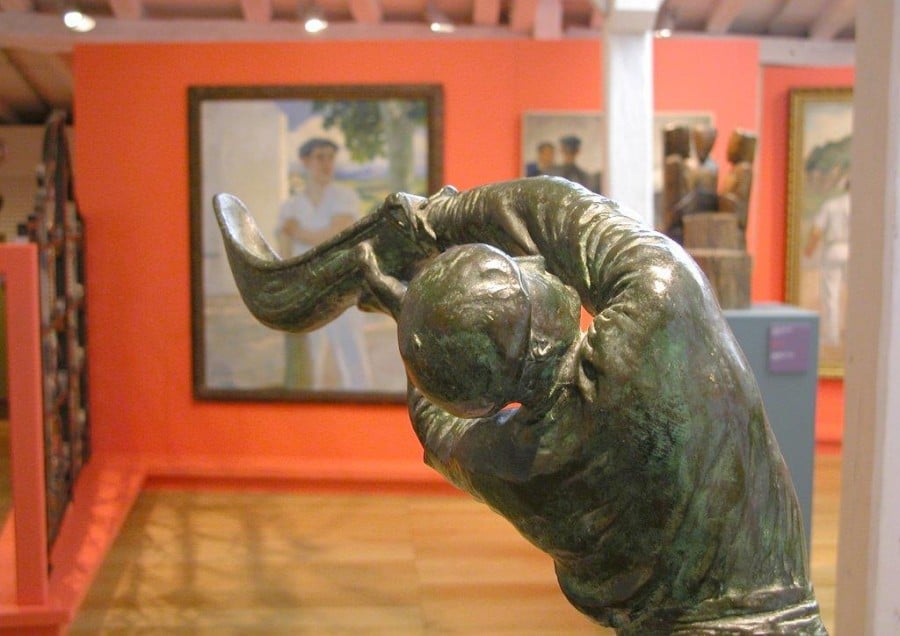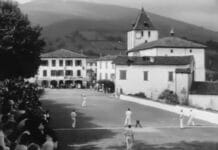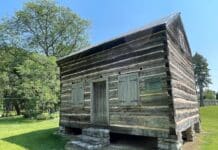Since the Basque Government recently launched Euskariana, the digital access portal for all kinds of content about Basque culture, we thought we’d highlight the main websites where information and documents about Basque culture, in its widest sense, can be found.
The unique administrative situation our country has means that this information cannot be concentrated into one place. We have a nation divided into two countries and under three different administrations. It’s obvious that this situation does not lend itself to making sure that all the elements are included and systematized in just one place.
Once Culture, three administrations, three portals
Euskariana is the only website that only one that at some point identified the remaining depositories of Basque Culture to be found in our country, doing so when it reports that:
“The high degree of standardization at Euskariana allows for it to participate in international digital libraries, including the European, the European Digital Library, and communication with other projects such as Hispania, Gallica, the Navarrese Digital Library, and Bilketa: Euskal funtsen ataria.”
It is these last two projects, the Navarrese Digital Library (BiNaDi) and Bilketa, which complete the Basque cultural space, at least in Europe. It fails to go on to say that they is the source of some of its content, but at least it mentions them.
Perhaps this is because while Euskariana defines itself as a “digital portal to access content on the Basque Culture”, the other two projects limit their scope to their territories.
Bilketa (which we spoke about here) defines itself as the “access portal for Basque materials related to France.”
However, BiNaDi defines has a much stricter definition: “The Navarrese Digital Library (BiNaDi) is a means to share the bibliographic heritage of Navarre and is an instrument for its conservation.” They go on to clarify that this is limited to the cultural heritage of the Chartered Community of Navarre, and not all of Navarre, which would include Lower Navarre north of the Pyrenees (which happens to be included in Bilketa).
In neither of the latter two cases were we able to find any cross-references that would allow a reader to easy jump to either of the other two portals we’re discussing today. Nevertheless, Bilketa does make references to sites in the Community of the Basque Country about these topics, such as Urazandi or Hemeroteca digital, at the Gipuzkoa Government’s site.
There is something curious about this situation and the name the Basque Government gave its website. The term was first used in 1836, written euskarienne, by Northern Basques Antoine d’Abbadie and Agosti Xaho. Later, Navarrese politician, author, and Basque linguist Arturo Campión chose the term Euskariana to group together the joint publication of several of his writings on Basque topics. In the end, it’s a name that groups together the whole country.
A proposal for improvement
We hope that no one sees these notes as criticism, especially to the people and institutions who are doing such important working to compile all that. It is strenuous and very necessary work to preserve the memory of our country.
But we would ask that it be seen as a proposal for improvement. All us Basques are united under a body stemming from the regional politics of the European Union, the Nouvelle-Aquitaine, Euskadi, Navarre Euroregion.
In this territorial cooperation space, one of the goals sought is the integrated development of culture and cooperation in Education and Training within the Euroregion.
It doesn’t seem like it would be difficult to design a collaboration within this community scope, while always respecting the particularities of each of the bodies that make it up, which would allow them to sync, coordinate, and harmonize (the latest buzzword) these information portals on Basque culture. This would mean that all those interested in “everything Basque” wouldn’t have to keep bouncing back and forth from one site to another.
Moreover, within that collaborative environment, they could ensure that the parts of the portals like searches are available in the languages all Basques speak: Basque, Spanish, and French; if English were also included, so much the better.
The Diaspora
The Basque community abroad also deserves a special mention in this regard. Its very existence and the incredible cultural output this part of our compatriots has created deserves specific attention that, we believe, deserves to be made to stand out and differentiated. The Archives of the Diaspora, set up by the Directorate for the Basque Community Abroad, is a good starting point. But this Basque territory, made up of all those abroad, must be given specific recognition in this/these websites compiling all of Basque culture.
Website of Euskariana
Website of Bilketa
Website of Biblioteca Navarra Digital
Header photo: Fotografía de la portada: Pelotari au Chistera © Musée Basque et de l’histoire de Bayonne.
Last Updated on Apr 1, 2022 by About Basque Country





